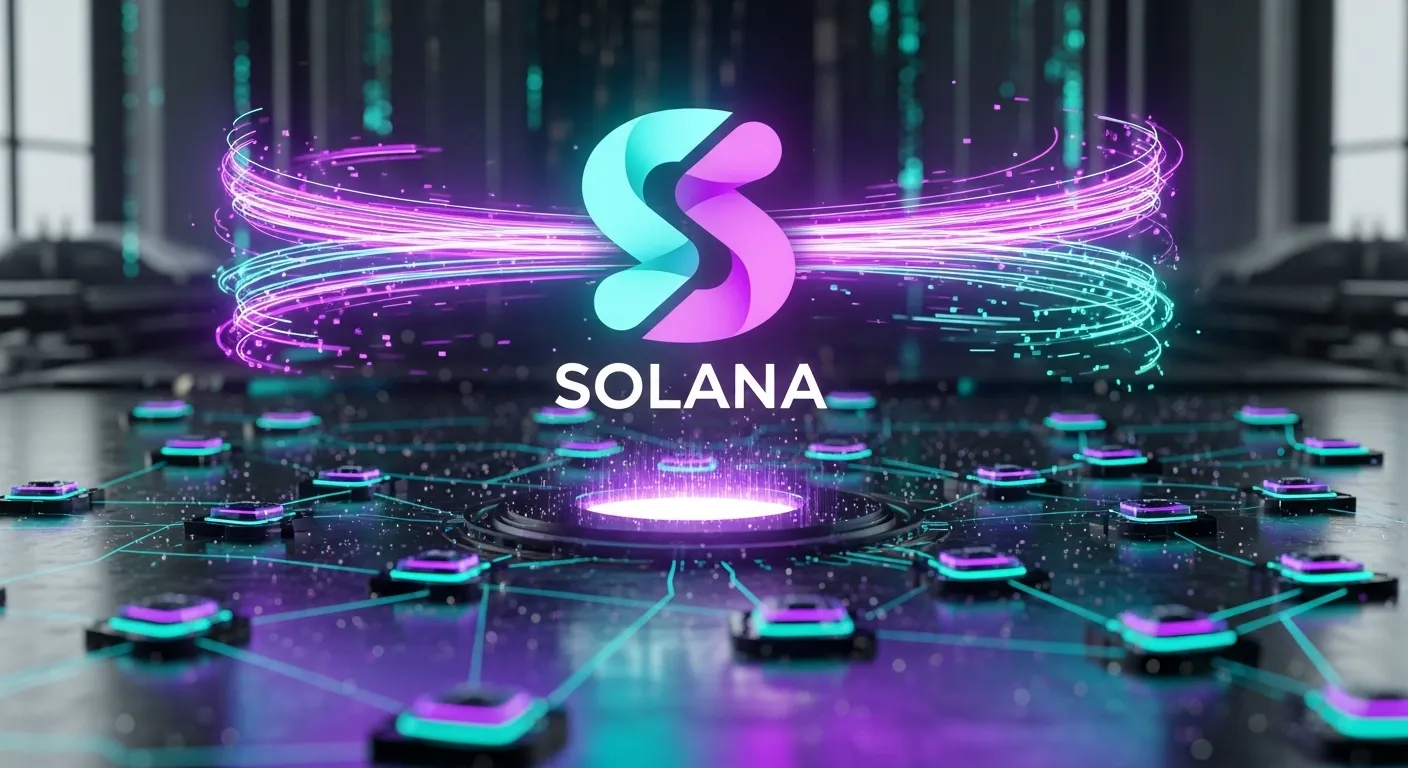For its entire history, the story of Solana has been one of pure, unadulterated, and often breathtaking speed. It is a blockchain that operates on a timescale that is almost incomprehensible to humans, a blur of thousands of transactions happening every second. But this incredible performance has a dark side. It has created the perfect, high-frequency hunting ground for a shadowy and controversial practice known as MEV, and it raises a profound question: what is the cost of all this speed?
I've come to think of the Solana network as a vast, automated postal sorting facility, with millions of packages (transactions) flying through its conveyor belts every second. The network's validators are the sorters, the powerful entities that control the flow of mail. MEV, in its simplest form, is the power these sorters have to secretly look inside your mail and rearrange the queue for their own profit.
Imagine a sorter sees a package containing a large buy order for an asset on a decentralized exchange. In the split second they have, they can place their *own* buy order just ahead of it in the queue, and then place a sell order immediately after. This is front-running. They use their privileged position as a sorter to extract a risk-free profit, and the person who sent the original package ends up with a slightly worse price. This hidden 'tax,' multiplied millions of times a day, creates a massive, parasitic economy. This is the MEV dilemma: the very speed that makes the postal system so efficient also makes it the most fertile ground for this kind of high-frequency exploitation.
This isn't a problem that the Solana ecosystem is ignoring. In fact, it has spawned one of the most innovative solutions in the space: Jito. Jito is an attempt to tame this dark forest. It creates an open, transparent auction for this blockspace, allowing searchers to bid for the right to organize transactions, and then redistributes a large portion of the MEV profits back to the network's stakers. It's an attempt to turn the parasitic tax into a public good a dividend for the network's owners. It's a brilliant and complex solution to a brilliant and complex problem.
The existence of MEV on Solana is not a failure; it is an inevitable consequence of its own success and speed. It is a complex, chaotic, and morally ambiguous frontier that exists in the milliseconds between transactions. The great experiment now underway is whether sophisticated solutions like Jito can successfully turn this shadowy, extractive economy into a transparent and productive one. The future of fair and open finance on high-speed blockchains may very well depend on the answer.

